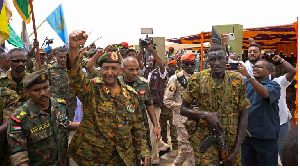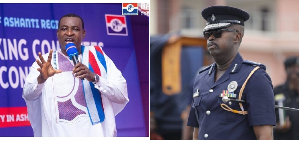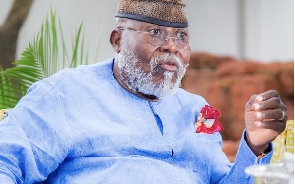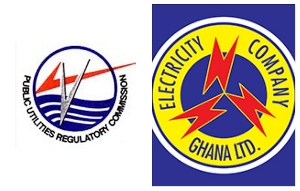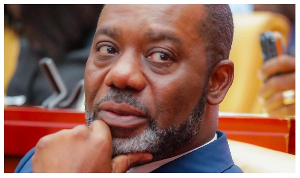Africa News of Thursday, 15 August 2024
Source: theeastafrican.co.ke
Sudan army snubs Geneva ceasefire talks
Sudan’s army stayed away from new talks seeking to end on the conflict in the country, even as organisers in Geneva, the venue, said their primary target is to achieve a ceasefire.
The Sudan Armed Forces had threatened to boycott the talks called by the US, protesting the presence of the United Arab Emirates (UAE) as observers as well as being referred to as representatives of the Sudanese army, rather than the Government of Sudan.
The SAF are the main players in this conflict with the Rapid Support Forces (RSF), a paramilitary security force in Sudan.
US Special Envoy to Sudan, Tom Perriello, said the RSF had agreed to “participate unconditionally," while the Sudanese military authorities, who argue they are the de facto government, expressed reservations about the US invitation to negotiations in Geneva.
Despite the Sudanese government's reservations, Perriello insisted on proceeding with the talks, stating that the Sudanese people, who are enduring a devastating conflict, cannot afford further delays. RSF delegations arrived in Switzerland to participate in the closed-door negotiations, while the Sudanese army did not show up, Khartoum confirmed.
Nonetheless, the talks, which were to begin early on Wednesday, were delayed as organisers continued to prevail upon Sudan’s army to send representatives. It now appears RSF will discuss some efforts at peace with political movements, but their efforts at peace will still needs the army.
US Secretary of State Antony Blinken had argued the talks were necessary “achieve a cessation of violence across the country, allow humanitarian aid to reach all those in need, and establish a robust monitoring and verification mechanism to ensure the implementation of any agreement.”
He noted that the talks will not "address broader political issues."
The talks are expected to last 10 days, under the sponsorship of the US and Saudi Arabia, with the African Union, Egypt, the UAE, and the United Nations participating as observers.
Key expected outcomes from the negotiations include securing a ceasefire, ending the war, and ensuring the delivery of humanitarian aid. With the humanitarian situation in Sudan rapidly deteriorating, the delivery of aid has become a critical necessity to save millions of lives.
The Sudanese junta has objected to the inclusion of the UAE, even though the US argues that Abu Dhabi and Cairo can act as "guarantors" to ensure that any agreement reached is implemented and not merely symbolic.
The war has caused a devastating humanitarian toll, with UN agencies saying more than half of the country’s population, or 25 million, is in need of food aid. At least 16,000 people have died during the conflict, some from bombings or gunshots, others as a result of cut-off medical supplies for their sicknesses, while others from lack of food and proper nutrition. Some 10.7 million have been displaced from their homes inside Sudan.
Avaaz, a humanitarian watchdog, said the talks were urgently needed to rebuild trust between the SAF and RSF, who are also waging an online war of hate speech and misinformation, fuelling the atrocities.

